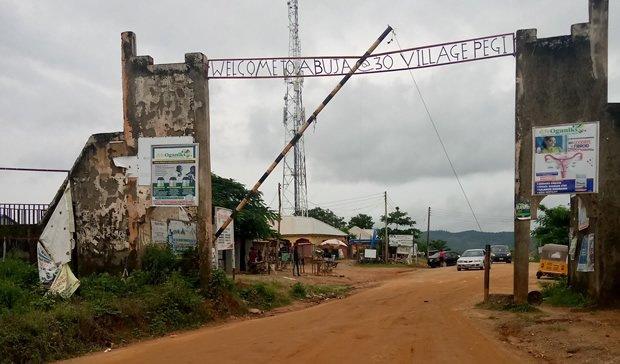The Abuja@30 Village is a poignant testament to the vision of former FCT Minister Nasir El Rufai. Established in 2006 to mark the commemoration of Abuja at 30 which was established in 1976, this small resettlement named “1000 units” initially signified hope through a Federal Government housing project. However, the reality today paints a different picture.
Engagements with the resilient residents of Abuja@30 Village, who candidly shared the complexities of their daily lives reveal that positives and negatives coexist in this community, a nuanced narrative that mirrors the broader challenges faced by settlements often overshadowed by urban developments.
Residents articulated concerns, with a recurring theme of insufficient power supply casting a shadow over daily life. Bad roads pose obstacles to the ease of movement within the community. In the absence of proper security measures, Abuja@30 Village grapples with heightened risks, ranging from banditry and kidnappings to robbery.
This microcosm of struggles is indicative of broader issues faced by many resettlement initiatives, where promises of progress often meet the harsh realities of inadequate infrastructure and security. Abuja@30 Village, like many settlements, is at the crossroads of progress and stagnation.
Delving into the stories of these residents, it becomes clear that the initial aspirations for a thriving community have encountered roadblocks. The gap between the envisioned 1000 units housing project and the current challenges faced by Abuja@30 Village serves as a poignant commentary on the complexities of urban planning and resettlement initiatives.
Source: Housing TV Africa

































